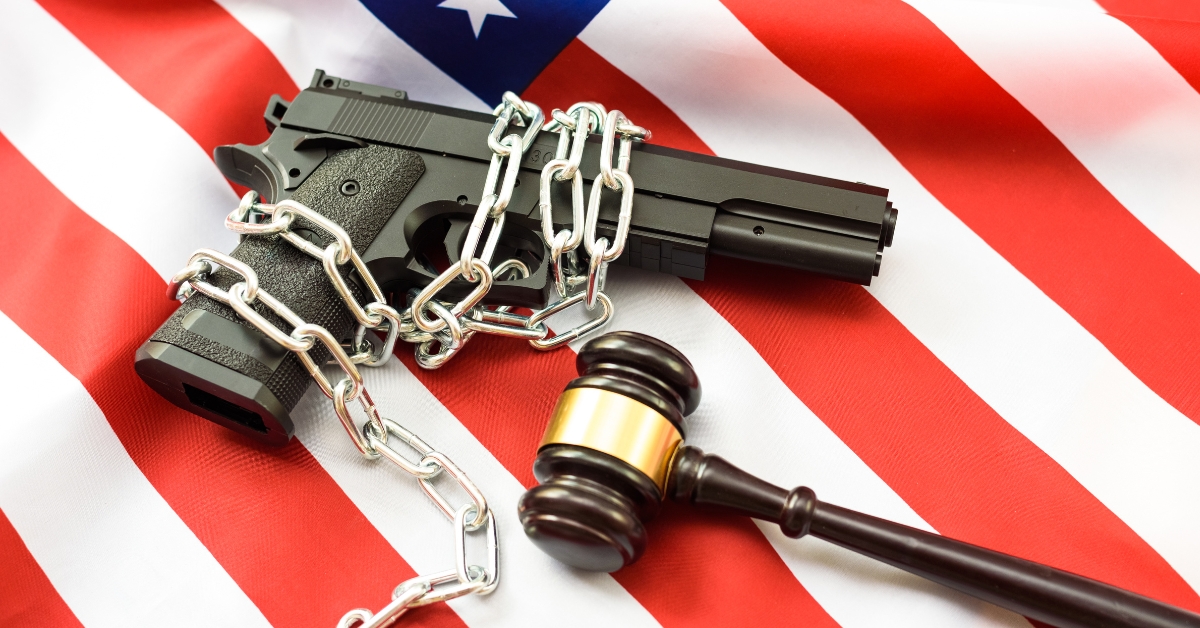
Indiana Republican Proposes Bill to Shield Gun Buyers from Financial Surveillance
The recent actions of the financial industry against the firearm sector are nothing short of a declaration of war. It’s a blatant and unwarranted assault on one of our fundamental rights enshrined in the Second Amendment. Various businesses associated with firearms have been unceremoniously cut off by financial companies, simply because they sell guns. This is not just an infringement on the rights of these businesses, but also an affront to the millions of law-abiding American gun owners.
We’ve seen attempts by credit card companies to track gun purchases under the guise of preventing mass shootings. However, this reasoning is flimsy at best. Mass shooters don’t purchase firearms in a manner significantly different from lawful buyers. The underlying intention is transparent – it’s about tracking gun ownership under the pretext of public safety.
Thankfully, several states have recognized this overreach and have taken steps to outlaw such practices. Yet, the threat lingers, with the financial industry’s apparent eagerness to implement these measures if given a chance.
Indiana’s recent legislative proposal is a commendable step in the right direction. The state is looking to join others in prohibiting the use of merchant category codes specifically for firearm sellers, a move initiated by international standards organizations and pushed by figures like Senator Elizabeth Warren. Major payment networks like Mastercard and Visa have already paused the implementation of these codes due to widespread pushback. Indiana’s action to potentially become the next state to block these codes is a strong message against the unnecessary surveillance and control over lawful gun purchases.
Critics from the banking industry argue that monitoring every transaction for these codes would impose a significant regulatory burden, particularly on smaller credit unions with limited manpower and technology. While their concern is understandable, it pales in comparison to the fundamental issue at stake here – the protection of constitutional rights and the prevention of unwarranted surveillance on law-abiding citizens.
This isn’t just about gun rights; it’s about privacy and the overreach of corporations into the lives of Americans. If credit card companies and financial institutions hadn’t overstepped their boundaries by delving into gun control activism, there would be no need for state intervention. But their actions have left states with no choice but to step in and protect their citizens’ rights.
If enough states enact similar laws, it will send a clear message to the financial industry: Stay out of the gun debate. The goal is not to create an undue burden on the banking sector but to prevent it from becoming a tool for encroaching on individual liberties. This move in Indiana should serve as an example to other states, demonstrating a firm stance against corporate overreach and in defense of the Second Amendment.











